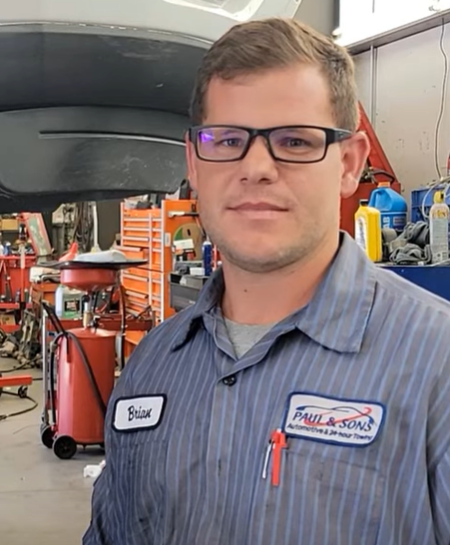Posted on 8/22/2024

When you decline a vehicle repair, it often means that an underlying issue remains unresolved. Over time, this issue can worsen and lead to additional problems. Here’s why this happens: Progressive Damage: Some vehicle issues, like a failing transmission or worn-out brakes, can deteriorate over time if not addressed. This can lead to more severe damage and costly repairs. Compounding Problems: Unresolved issues can affect other parts of your vehicle. For instance, a small oil leak can lead to engine damage if not fixed. Increased Wear and Tear: Neglecting necessary repairs can lead to increased strain on other components, causing them to wear out faster. Safety Risks: Certain issues, such as brake or steering problems, can become more dangerous if left unaddressed, potentially compromising your safety. Addressing repairs promptly helps prevent these cascading effects and ensures your vehicle remains reliable ... read more
Posted on 7/18/2024

How do I know if I need new shocks? Determining if you need new shocks (or struts, which are similar components) involves checking for several signs of wear and performance degradation: Ride Quality: If you notice a significant change in how your vehicle rides—such as increased bouncing, excessive vibration, or a rougher ride over bumps—it could indicate worn shocks. Handling Issues: Worn shocks can lead to poor handling characteristics. You may experience excessive body roll during turns, nose-diving when braking, or instability at higher speeds. Uneven Tire Wear: Shocks help maintain proper tire contact with the road. If you notice uneven tire wear patterns, especially cupping (where the tread wears unevenly in patches), it could be due to worn shocks. Leaking Fluid: Visible fluid leaking from the shock absorbers or struts is a clear sign of internal damage and indicates they n ... read more